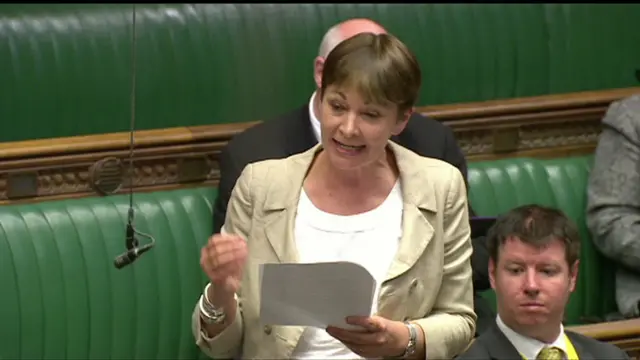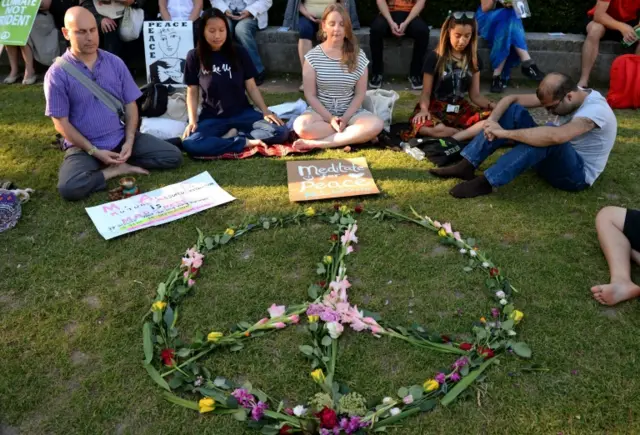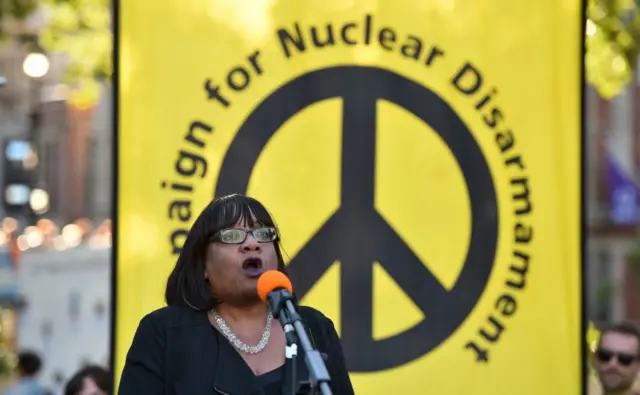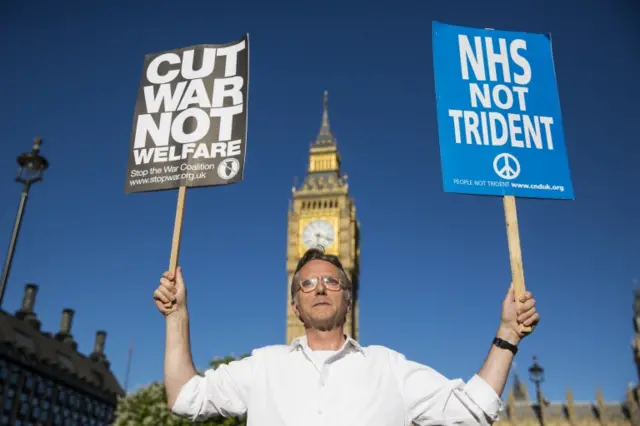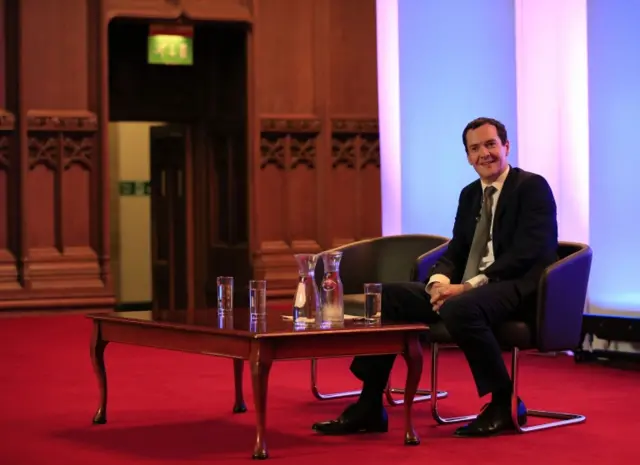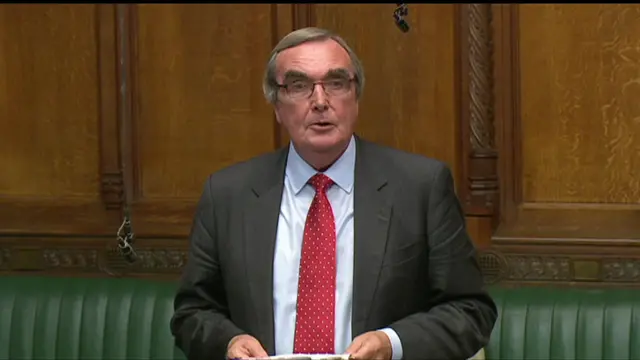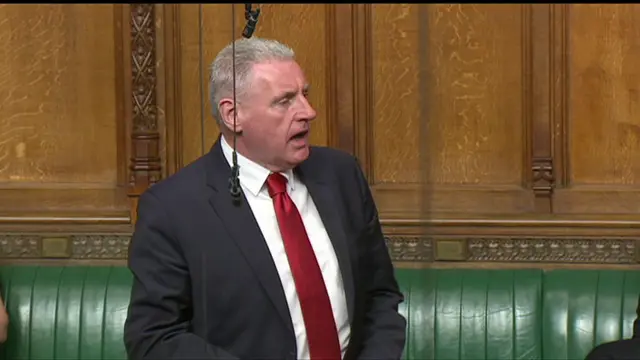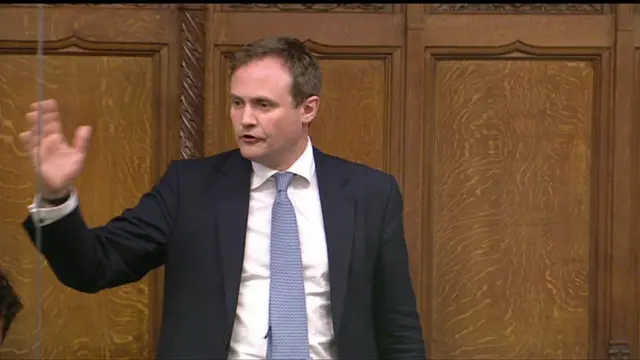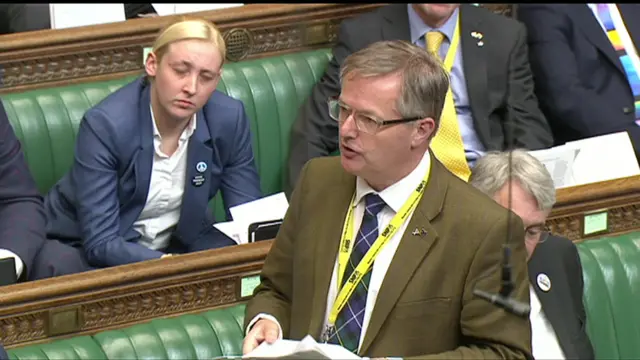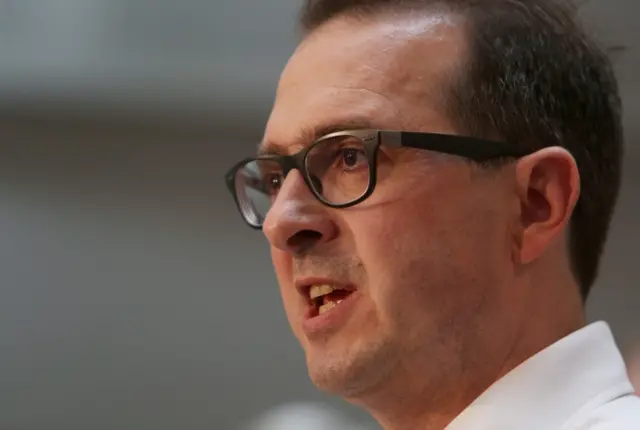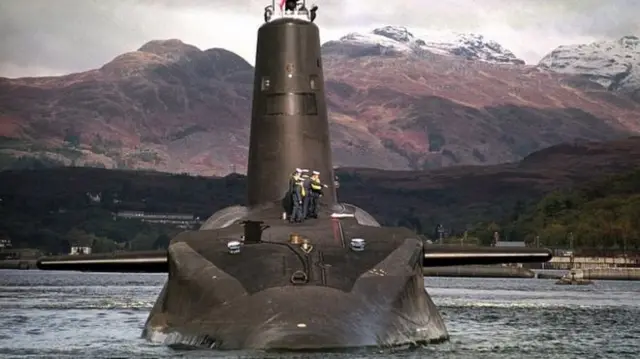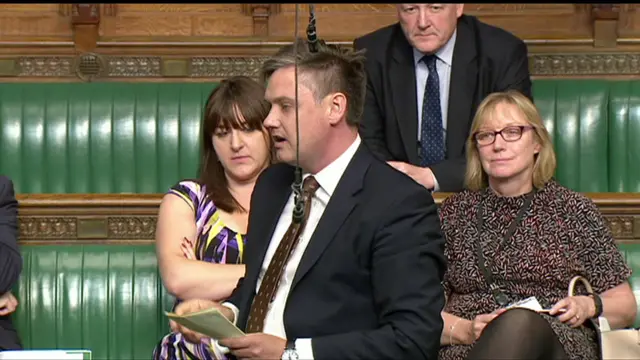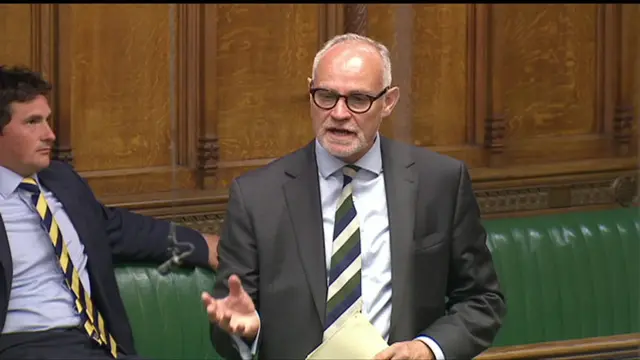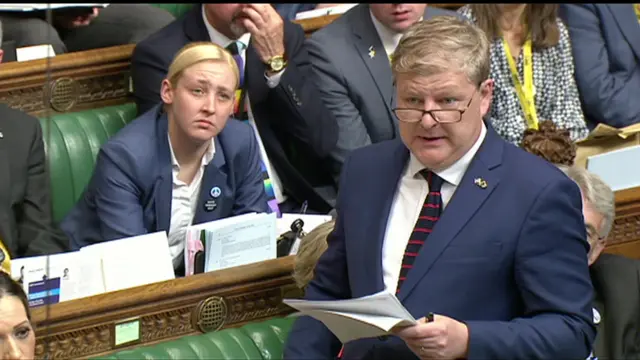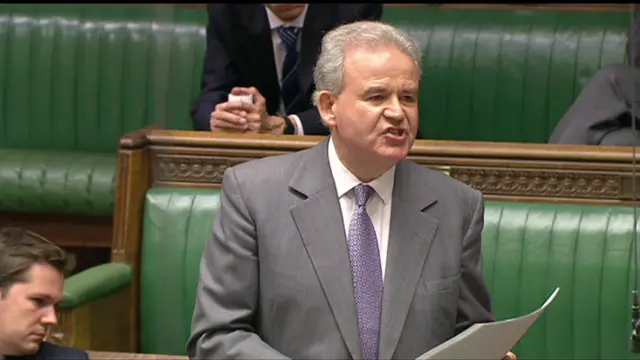End of business in the Lordspublished at 21:07 BST 18 July 2016
 House of Lords
House of Lords
Parliament
That's it from the Lords for tonight - they meet again tomorrow at 14.30 BST for questions on:
- the payment of universal credit monthly in arrears
- parliamentary scrutiny of the draft Royal Charter of the BBC
- achieving the target of one million new homes by 2020
- UK presidency of the European Council in the second half of 2017.

